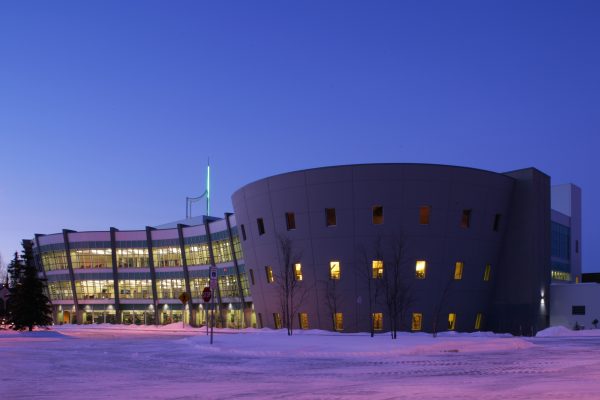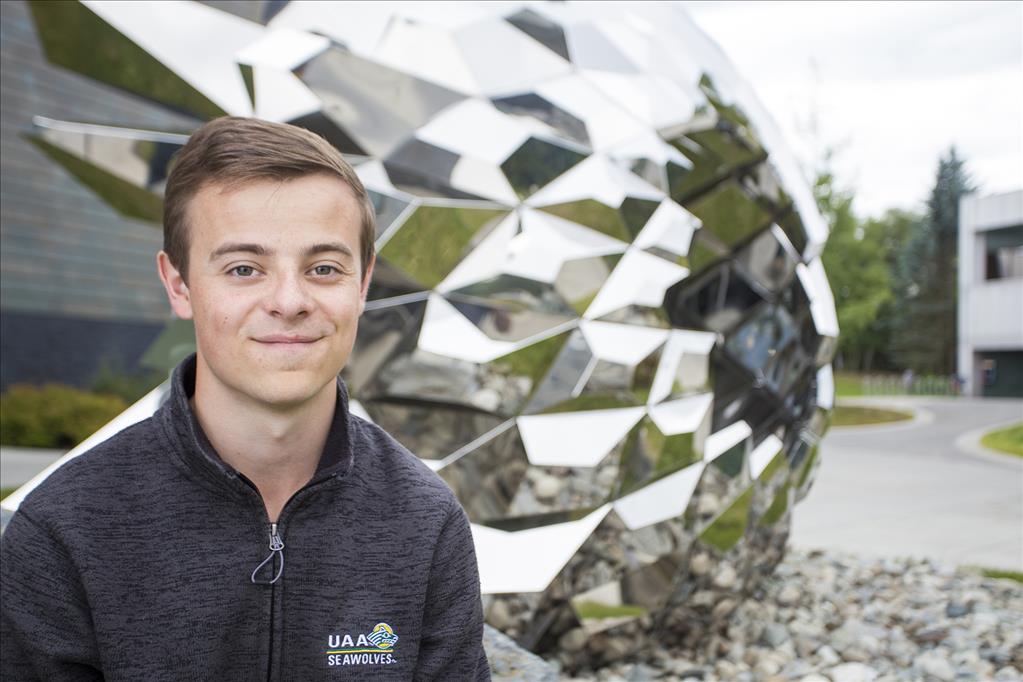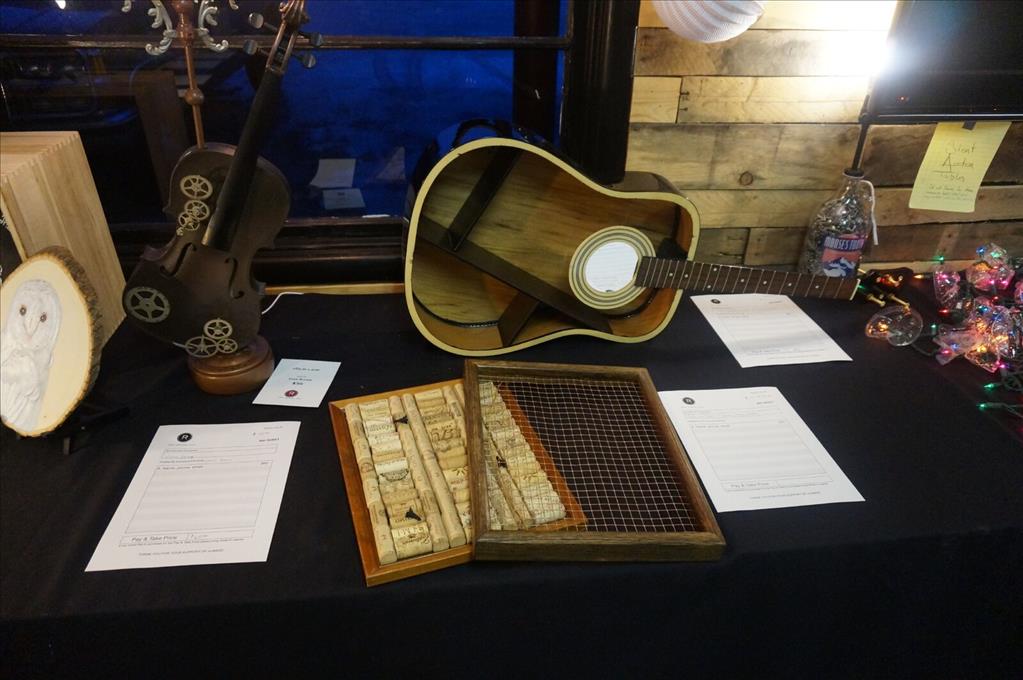M.P.A. students host public Realizing Solutions Forum
by joey |

The Realizing Solutions Forum, hosted by M.P.A. students, is free and open to the
public. Tuesday, Nov. 28, 6-8:30 p.m. in the
UAA/APU Consortium Library, Room 307
On Tuesday, Nov. 28, 10 city leaders will share the stage with 11 UAA graduate students at the UAA Realizing Solutions Forum.
The community forum, an annual event, is the centerpiece of PADM 606: The Policymaking Process. Each fall, Dr. Sheila Selkregg selects a broad current theme in public policy for the course. Her students then choose a specific topic and prepare and present a policy paper. This year's theme: the value of education in a democratic society.
Guests at the forum can expect student presentations on tolerance, media literacy and education in the prison systems and more. But between student talks, big hitters in the Anchorage community will address the audience as well, like Bill Popp, CEO of AEDC, Dana Fabe, senior justice on the Alaska Supreme Court, Charles Wohlforth, columnist with Anchorage Daily News, and Dr. Mark Stock, deputy superintendent of Anchorage School District.
"This is a wonderful group of people who could each easily speak brilliantly for an hour," Selkregg said. "I am grateful they have agreed to speak about 10 minutes."
That rapid-fire rush is by design. Short speeches means more voices can be heard. And students have even less time to make their case, boiling down a semester of research into a three-minute pitch.
"You're going to get a kaleidoscope of insights into the value of education in a democratic society," Selkregg said.
If three minutes sounds abrupt, there's a greater purpose behind the time limit. "The class is really designed for people to experience and understand the math of how public policy is made," Selkregg explained. In a standard forum, guests are allowed three minutes to testify. The class trains students to lock down their facts and state their case quickly, ignoring opinion in favor of pure information.
"I always say let the facts evoke the emotion, not your extra words," Selkregg said. "It's really possible to say a great deal in two minutes."
The format encourages students to think critically, and be direct and efficient with their words. One graduate even called Selkregg to thank her for indirectly aiding her at an interview. "She said she just nailed the [interview] presentation because she'd been asked to do it so many times," Selkregg said. "She got the job."
"Arena of the public"
In addition, the forum introduces students to policymakers outside the classroom.
"I'm really glad Dr. Selkregg put this on because, for a lot of people, it's their first time presenting at a public forum," said Nathel Sims, a current student who will present on how preschool education affects future crime rates. "It's a really good experience."
By the end of the semester, Sims and her classmates will submit a policy paper outlining stakeholders, best practices, and recommendations on their topic. These papers are often shared with city and state entities, a hallmark of the M.P.A. program.
"Our work is not in a laboratory; our work is in an arena of the public," Selkregg said. "
"Accessibility is the backbone of democracy"
That means class assignments are more than just homework.
"What's unique about the class is [students identify] actual clients and provide a piece of policy analysis research ... they can then use to inform their decision-making," explained Carla Burkhead, who took the class in 2015 and returned to organize the 2016 forum through the Center for Community Engagement and Learning. "It's very real-life, practical experience."
One major value of the forum, she said, is that students serve as translators for the public, condensing a policy issue into accessible facts. That's especially important, given this year's focus on democratic societies.
"Accessibility is the backbone of democracy," Burkhart added. "It's being able to engage and have a shared voice."
Burkhead earned her Master of Public Administration degree in May and will soon start in a public housing role with RurAL CAP. She credits the forum for helping her transition into a meaningful career.
"It absolutely allowed me to connect the dots between being an academic and being a practitioner," she said. "I wouldn't have traded it for anything."
"Engagement is the buzzword"
The forum's message is that everyone-yes, that includes you-can make a difference in our city and state.
"Engagement is the buzzword around all of this, because that gets people to say that this isn't outside of their realm of possibility," Burkhead added.
"They don't have to be an elected official to make a difference. They make a difference just by showing up.
So show up! The forum is free and, of course, open to the public.
Tuesday, November 28, 6-8:30 p.m.
UAA/APU Consortium Library, Room 307
 "M.P.A. students host public Realizing Solutions Forum" is licensed under a Creative Commons Attribution-NonCommercial 4.0 International License.
"M.P.A. students host public Realizing Solutions Forum" is licensed under a Creative Commons Attribution-NonCommercial 4.0 International License.














